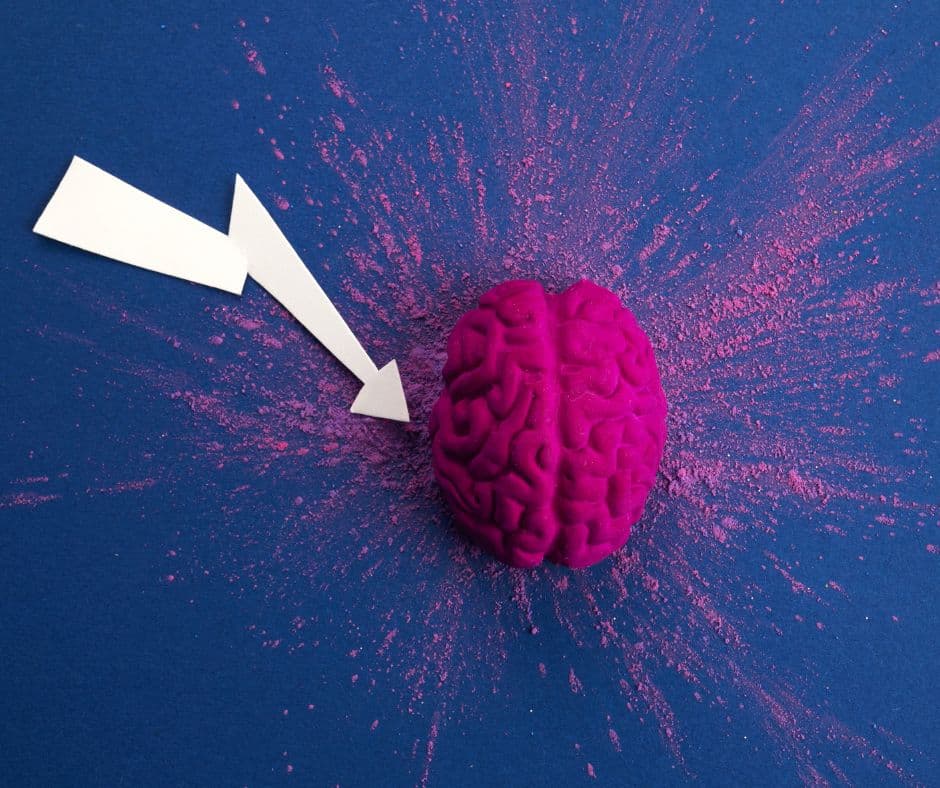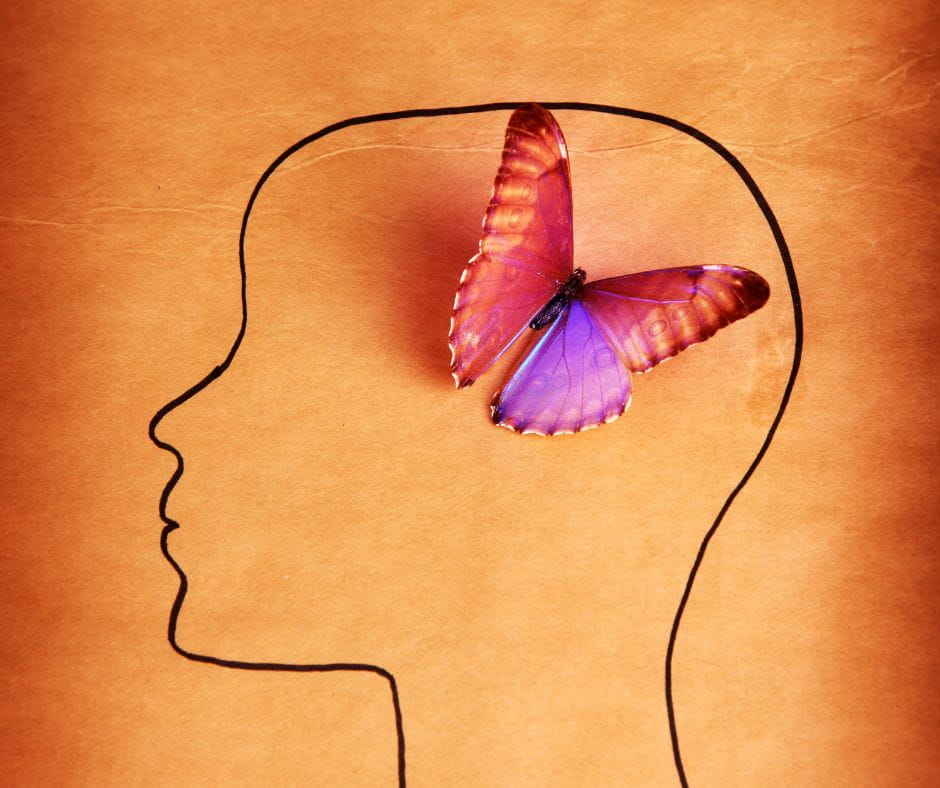A staggering 31.1% of U.S. adults experience any anxiety disorder at some point in their lives; it is alarming to think how many of us don’t seek professional help due to stigma and the fear of what society might think. In this article we answer some of the common questions related to anxiety and mental health.

How do you define mental health?
Mental health comprises of various factors, including our emotional, psychological, and social well-being. It affects how we think, act, and feel. It can also influence how we cope with stress, relate to others, and make healthy life choices.
What is difference between anxiety and stress?
Firstly, stress is normal. We all have the fundamental “fight or flight” instinct; it makes us human. Stress often displays itself as mental and physical symptoms, such as irritability, anger, fatigue, muscle pain, digestive troubles, and difficulty sleeping.
Anxiety, however, is defined by persistent, excessive worries that don’t go away even in the absence of a stressor. People who struggle with anxiety often feel trapped in the “fight or flight” mindset; they struggle to determine what is an actual threat and what is merely a small hiccup along the way that can simply be brushed off as non-important.
What can cause mental health?
There are many things that can cause mental health issues. If you feel like you experience any of the above-mentioned symptoms, it is best to speak to a professional to find the root cause or find a solution to manage your stress or anxiety.
Here are a few common causes of mental health issues:
- Social isolation or loneliness.
- Childhood abuse, trauma, or neglect.
- Unemployment or losing your job.
- Homelessness or poor living conditions.
- Substance abuse.
- Domestic violence, bullying, or other abuse as an adult.
- Significant trauma as an adult, such as military combat.
- The loss of a loved one.
- Being a victim of a violent crime.
- A neurological condition.
- Lack of sleep.
- Experiencing discrimination and stigma, including racism.

Is emotional and mental health the same?
No, emotional health refers to one’s ability to cope with and manage emotions, as well as the ability to maintain healthy relationships, whereas mental health is the ability to make good decisions and to think clearly, coupled with the ability to cope with stress and manage emotions.
Is overwhelm a feeling or emotion?
Being in a state of emotional overwhelm means that you are tormented by strong emotions that are difficult to manage. You may find that it becomes difficult to think and act rationally. It could also hold you back from getting on with daily tasks. Emotional overwhelm may be caused by stress, traumatic life experiences, relationship issues, and much more.
What are the symptoms of overwhelm?
There are a few warning signs and symptoms of emotional overwhelm, some of which include:
- Feeling overwhelmed or on edge.
- Trouble keeping track of things or remembering.
- Trouble making decisions, solving problems, concentrating, and getting your work done.
- Being more emotional than usual.
- Heaviness in your chest, an increased heart rate, or chest pain.
- General body aches and pains like shoulder, neck, or back pain.
- Grinding your teeth or clenching your jaw.
- Shortness of breath.
- Feeling tired, anxious and depressed.
- Sexual difficulties.
- Sleeping more or less than usual.
- An upset stomach, diarrhea, or constipation are examples of gastrointestinal problems.

How can I improve my mental health?
There are loads of ways to help boost your mental health. We’ve all heard the standard “diet and exercise” solution, but how do you relieve stress and anxiety?
Consider introducing some of the following techniques to help maintain mental health.
- A healthy diet.
- Avoid trigger foods that can increase anxiety.
- Socialize and connect with other people, face-to-face if possible. Personal interaction and positive relationships are important to your mental well-being.
- Physical activity/exercise.
- Mindfulness (This is also suitable for kids).
- Adequate sleep.
- Breathing activities
What does mindfulness mean?
Mindfulness is a mental state attained by focusing one’s awareness on the moment at hand while calmly acknowledging and accepting one’s feelings, thoughts, and bodily sensations. Mindfulness is used as a therapeutic technique.
Why is mindfulness practice important?
Mindfulness offers many benefits to one’s state of mind and emotional well-being.
A few of the benefits include self-control, improved concentration, objectivity, high tolerance levels, equanimity, enhanced flexibility, mental clarity, emotional intelligence, and the ability to relate to others and oneself with acceptance, kindness and compassion.
Is mindfulness the same as meditation?
Mindfulness is a quality or state of mind, while meditation is a practice.
Meditation is a practice, and through the practice of meditation, one can develop different qualities such as mindfulness.

How do I start practicing mindfulness and how do you apply mindfulness in everyday life?
You can start practicing mindfulness now. You don’t need to spend hours on it. Even the smallest amount of time spent focusing on mindfulness can be beneficial.
It is easy to integrate into your everyday life. Here are some basics to practicing mindfulness.
What is considered art therapy and what happens during an art therapy session?
Art therapy includes the use of creative techniques such as painting, coloring, drawing, collage, or sculpting to help people express themselves artistically and observe the psychological and emotional undertones in their art.
Art therapy sessions could potentially include the above activities, and most often, the focus will be on the process rather than creating a finished art product.
Who does art therapy work best for?
Art therapy can be beneficial to anyone, even people who are able to manage their stress well. It is also a fantastic tool for children to help them regulate and relax. It is especially beneficial to people with autism, brain injuries, eating disorders, cancer, post-traumatic stress disorder (PTSD), anxiety, depression, etc.
Looking for ways to improve your own mental health?
Sign up for our monthly newsletter, which includes a variety of mental health tips, resources, and useful info for you and your family.



